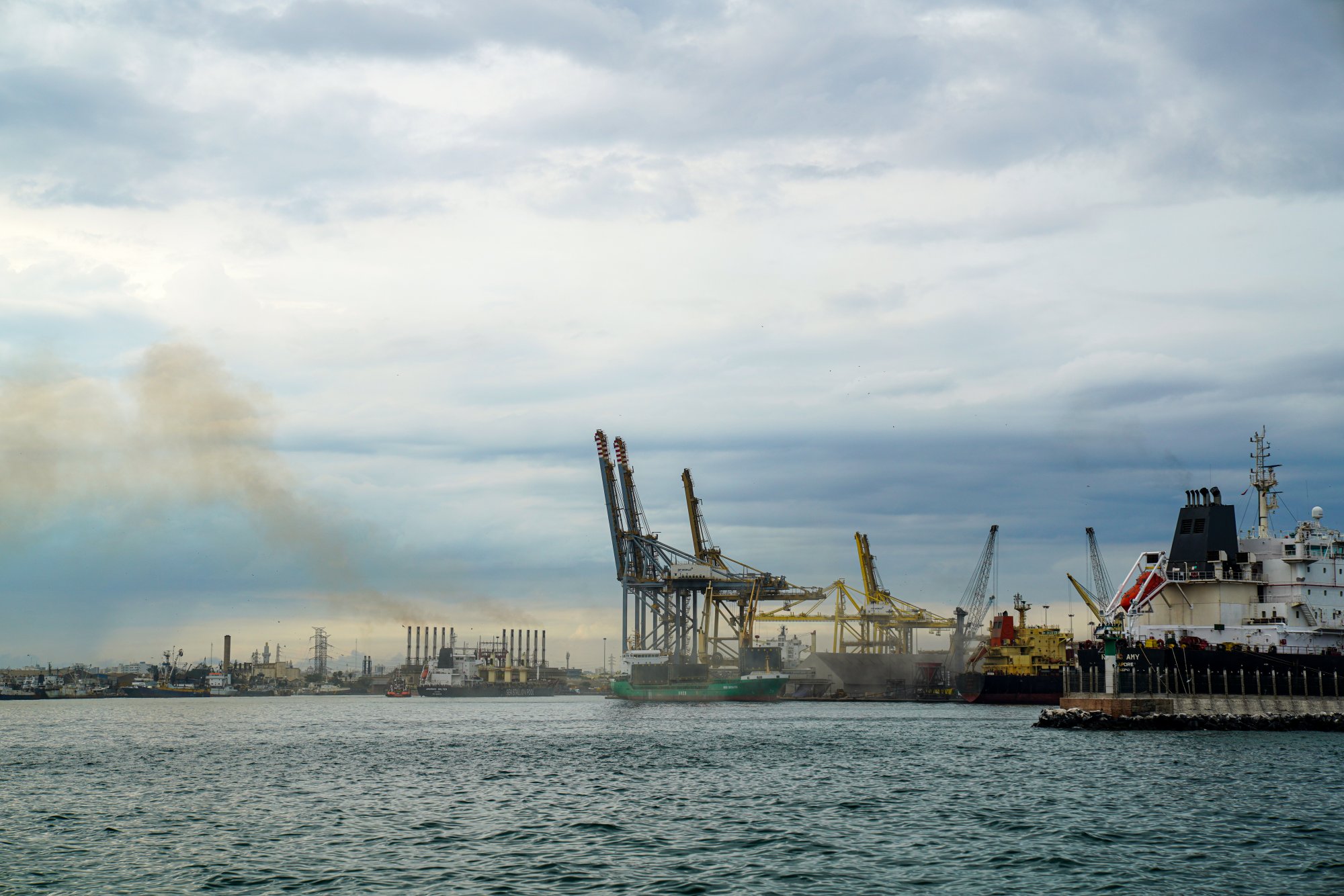The CO2 question
Let’s start with some definitions of CO2.
Britannica defines it as follows: “carbon dioxide, (CO2), a colourless gas having a faint sharp odour and a sour taste. It is one of the most important greenhouse gases linked to global warming, but it is a minor component of Earth’s atmosphere (about 3 volumes in 10,000), formed in combustion of carbon-containing materials, in fermentation, and in respiration of animals and employed by plants in the photosynthesis of carbohydrates. The presence of the gas in the atmosphere keeps some of the radiant energy received by Earth from being returned to space, thus producing the so-called greenhouse effect. Industrially, it is recovered for numerous diverse applications from flue gases, as a by-product of the preparation of hydrogen for synthesis of ammonia, from limekilns, and from other sources.”
I only remember good things about C02 from my chemistry classes in school.
At the time we learned about the photosynthesis process, the need of plants of CO2 and since we – humans – depend on plants for food, CO2 is ultimately a must have for life to survive on our planet (= for us to survive). Also, we certainly remember the multiple “good uses” of CO2…being it in winemaking (Beaujolais!)…for soft drinks…as refrigerant…as fire extinguisher…and many more other applications. I do not remember my chemistry teacher talking about CO2 as a greenhouse gas and its increasing concentration in the atmosphere, thereby causing a steady and significant increase of global temperatures.
Fact is that CO2 concentration in the atmosphere has drastically increased since I was in school…and that it continues to steadily increase. And – yes – today’s CO2 concentration levels are already having an impact on global temperatures. This is the story we all know or - may be - prefer not to know.
Yesterday – January 1st, 2022 – the CO2 concentration measured by the Mauna Loa Observatory in Hawaii was of 417.73 PPM (parts per million).
On January 1st, 2021, the CO2 concentration was of 415.78 PPM.
Let’s remind us of what this means: to reach the climate targets of keeping temperature rising we need to REDUCE CO2 emissions. We however continue to increase CO2 emissions.
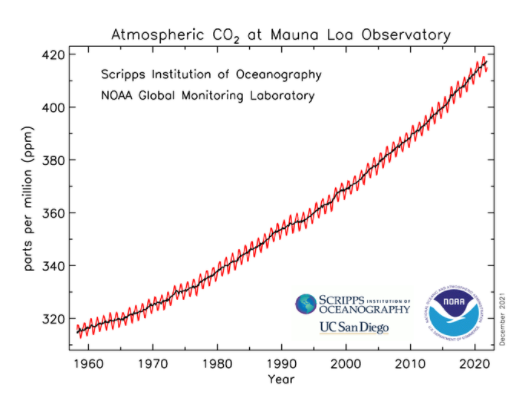
And so, what?
This is the most recurring question I hear when speaking about CO2 concentrations, earth warming or “climate change”. What are a few degrees higher temperatures going to do to my way of life? The day-to-day lifestyle is not really affected. We may see the fires in California in the news or inundations in some areas far away from our comfort zone. Indeed, it’s not like COVID where you “feel” it next door…and you may probably even be scared (here again…there are still many people denying the existence of the virus…!) as I do.
Fact is that the flooding in Western Africa, at the Asian coastlines and even in the heart of Germany do happen and can also be watched on prime-time TV.
CO2 emission certificates, markets, and prices
Carbon credits are certificates or permits giving right to emit carbon dioxide (or the equivalent amount of a different greenhouse gas (tCO2e). One carbon credit is equal to one tonne of carbon dioxide. The idea is to use market mechanisms to charge CO2 emitting companies and thereby on one hand increase the costs of CO2 emissions and on the other hand – ideally – finance carbon reduction activities.
So far so good.
Today we distinguish tow types of “CO2 markets”: the “mandatory” market and the “voluntary” market.
The “mandatory” market is a regulated (or mandated) market that is regulated at regional levels (e.g. California) or state levels (EU or China). Note that the US does not have such a national market. The individual regulations of these markets “set the rules”. Ultimately, the mechanisms are similar: you “buy the right to pollute” and your costs to pollute will go up with increasing CO2 prices, thereby providing you the incentive to reduce pollution.
The “voluntary” market is a “free” market. Participants in these markets buy or sell carbon credits. These markets have the great advantage of not being regulated, they however face substantial challenges: how do you measure impact? How do you control it? How do you price impact?
As an economist by training, I still remember some of the principles for markets to work:
they need to have clear rules, the rules must be transparent and the price making mechanisms must be independent from regulatory constraints.
The brutal reality is that today’s CO2 markets still have a long way to go until they have a true impact on the evolution of the CO2 concentration levels.
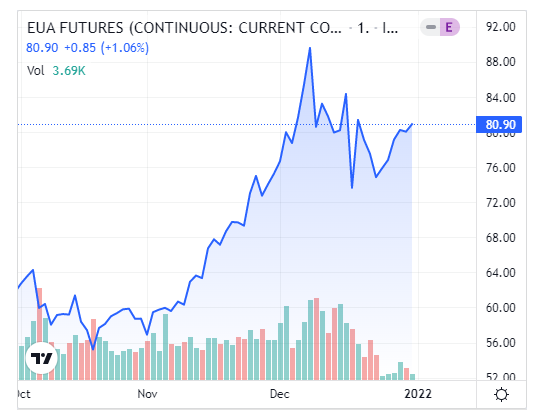
The NO to the new CO2 law in Switzerland
The new “CO2 law” was rejected by a small majority of the Swiss June 2021. The political and business establishment strongly supported this law and it still failed. Was it because one side thought it would go too far and the other side blocked it because it did not go far enough? Could it be that too many things were included in the proposed legislation? Or was ultimately the majority sick of the heavy regulatory framework? Who knows?
I voted for the law and supported it intensively in its development phase. Today – ½ year later – I seriously ask myself if regulations can indeed tackle such a fundamental and urgent challenge such as climate change?
We need a much more powerful toolbox to take on and to overcome the climate crisis.
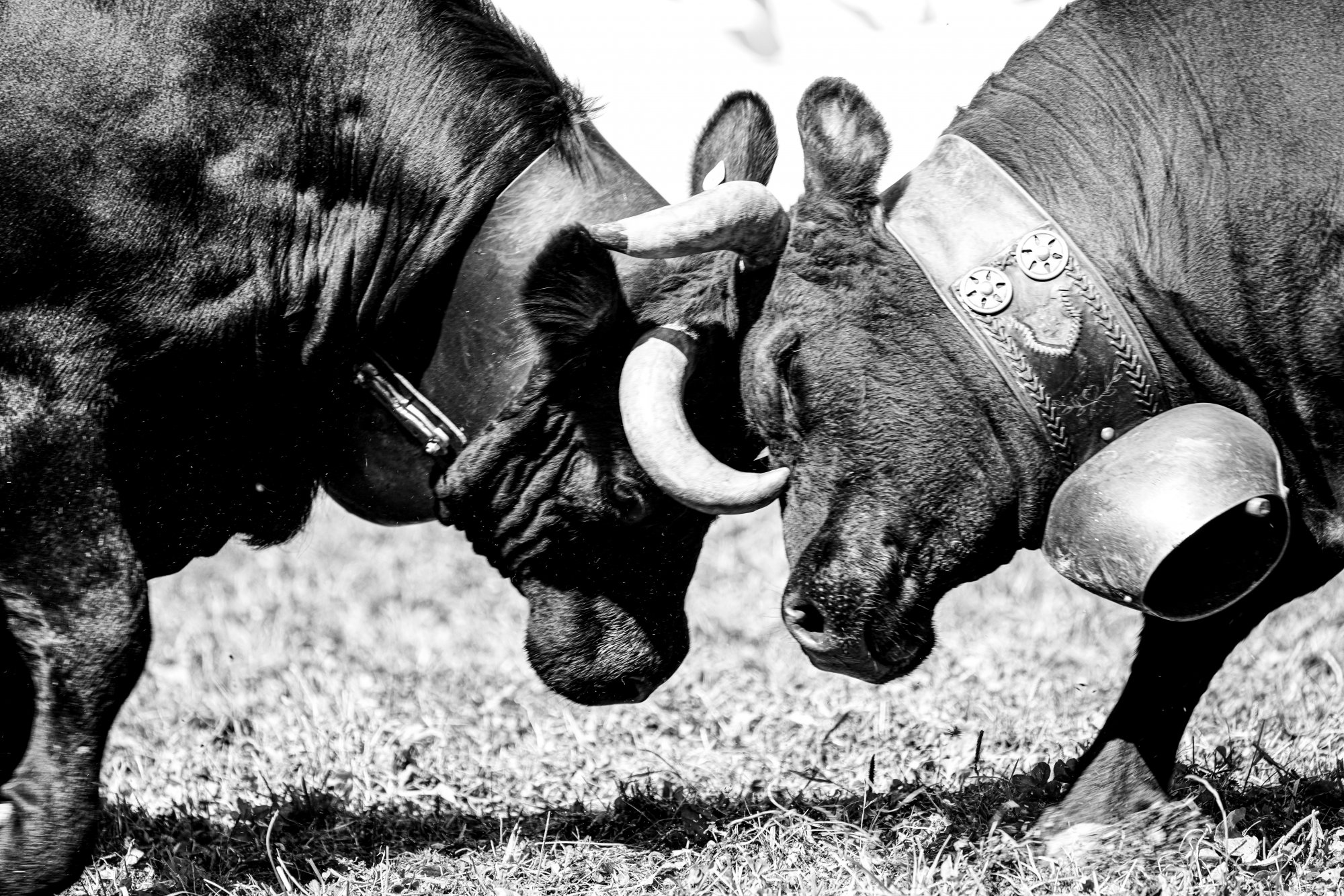
Who pays the bill?
Our CO2 footprint in Switzerland is of 4.7 tons per capita. Once could imagine that this is a pretty good level if we compare it to the CO2 footprint of 15.5 tons per capita in the USA. If we however take the CO2 footprint in Senegal, we are at 0.55 tons of CO2 per capita. And the long list of questions goes along the following lines: who is paying the bill today? Who is suffering from desertification of their country? Which coastal cities being flooded today?
I had the chance to visit St. Louis in Senegal last July. The answers to the above questions are undisputable. It’s not the people in St. Louis/Senegal that are increasing the CO2 output and thereby increasing temperatures. They are just “paying the bills” with the flooding they experience, with half of their city destroyed and all the social mishaps that go with it.
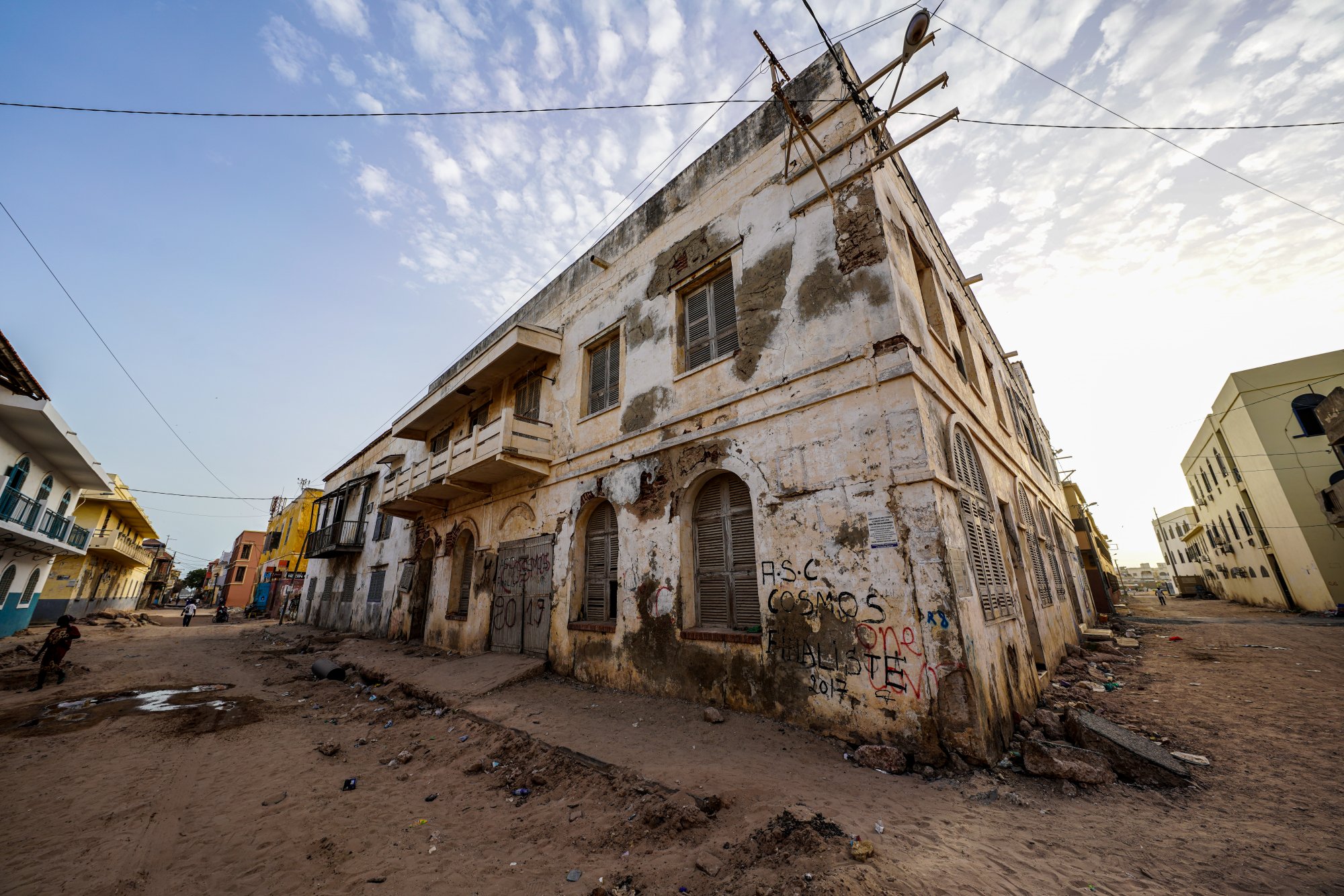
Laudato Si
Another of my core take-aways in 2021 is the recognition that climate change is ultimately also about the question of
who is “first on the line”?
More by coincidence, I discovered the encyclical “Laudato Si” by Pope Francis: a very strong read. Highly recommended. It’s a reflection about our planet: our common home. It’s a desperate cry in favour of our planet and the ones that are “first on the line” already paying the bills of climate change.
It’s a strong cry irrespective of religions or believes.

And so, what?
Many of my readers and my friends repeatedly ask this question. It’s easy to go under with the weight of the challenge, to then just shut down the thinking and to simply give up. I fully understand and share the desperation.
Let me conclude my blog with the following summary theses:
CO2 concentration levels in our atmosphere continue to go up. Steadily. However, to reduce the temperature increases CO2 concentration must go down.
Current CO2 emission certificate markets are an interesting tool to try to master CO2 trends. The “free” voluntary CO2 market is however still in its infancy. I question the ultimate impact of a highly regulated market like the “mandatory CO2 market”.
The new CO2 law failed in Switzerland. A pity. May be a prove that we need to have the courage to work with the forces and the power of free markets and not to rely on pure regulations.
Climate change is a reality.
Today, the bill is paid by the people who did not generate climate change: the poor. Tomorrow, we all will pay it. It’s then going to be too late.
We must pursue all possible avenues to tackle climate change and to incorporate the forces of the free markets and the masses.
Climate change has become a “to be or not to be” challenge for humanity. For all of us.
